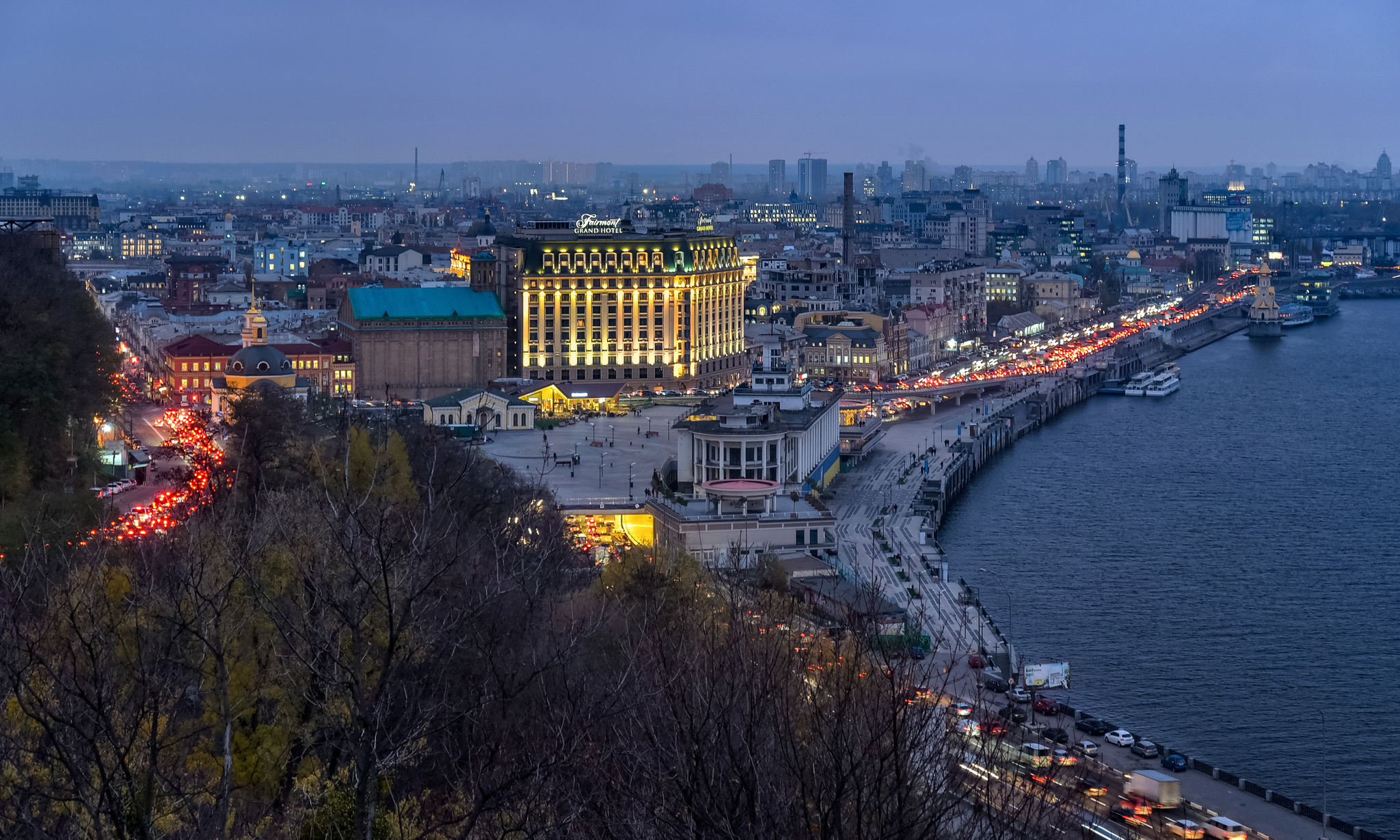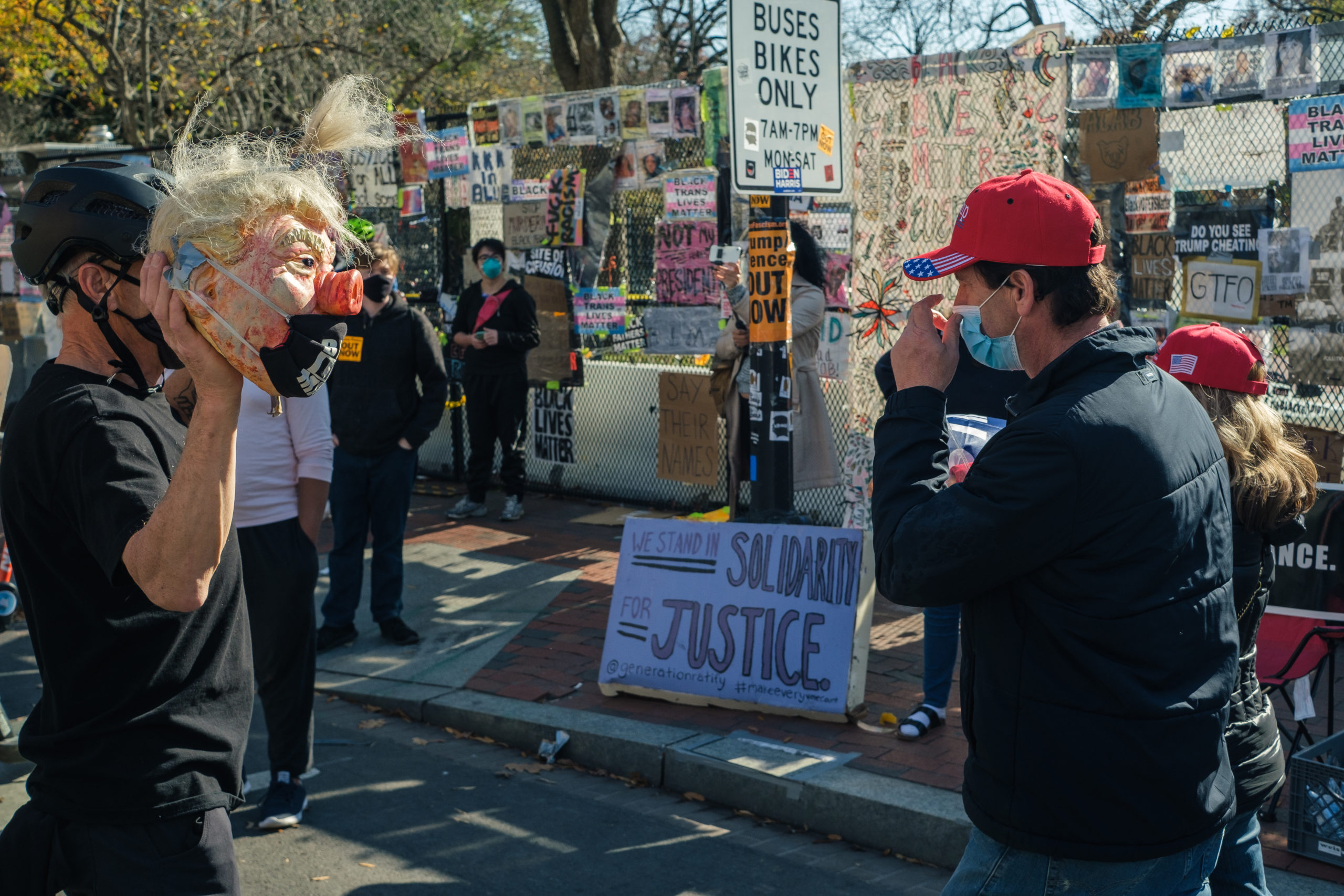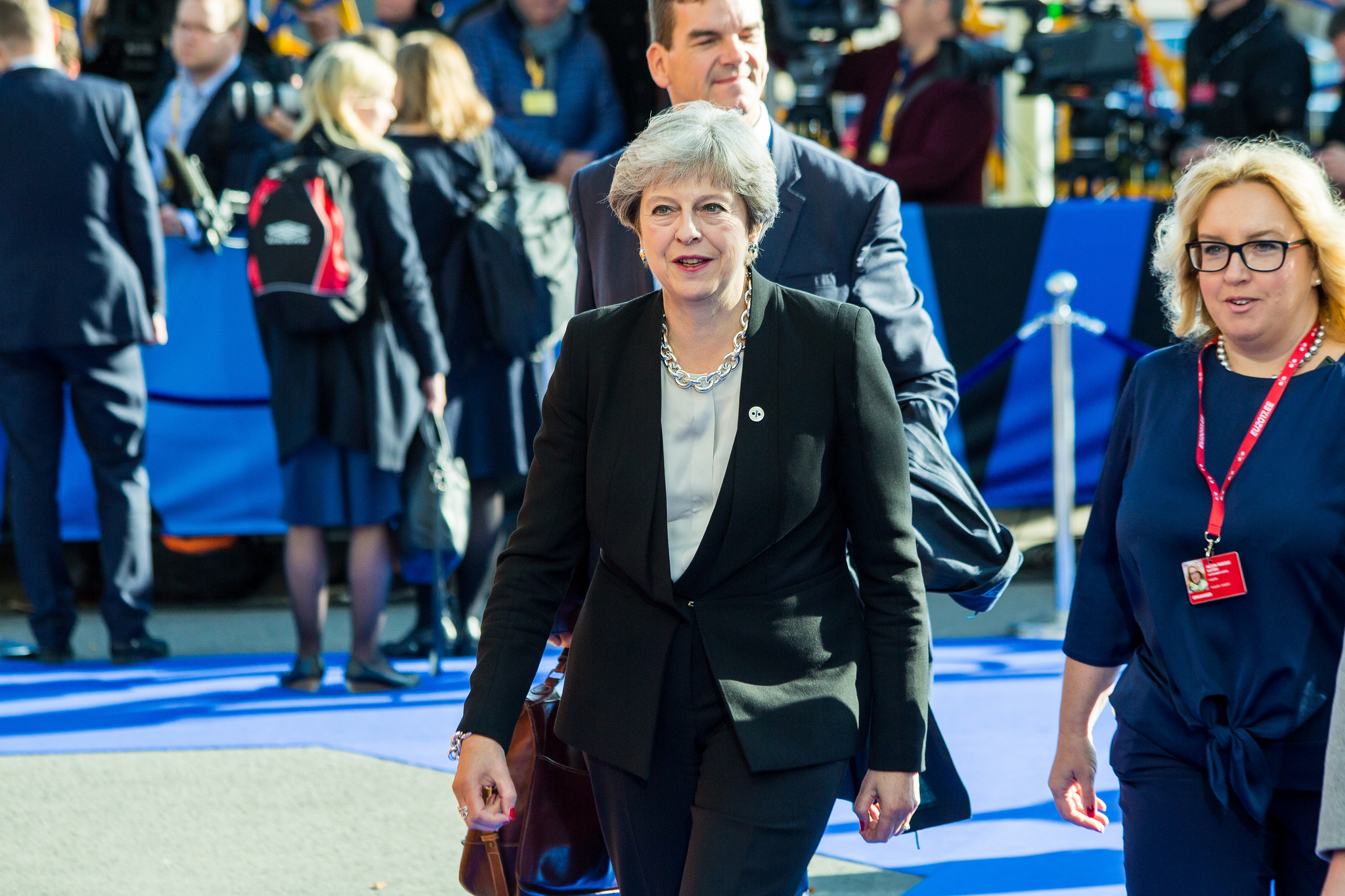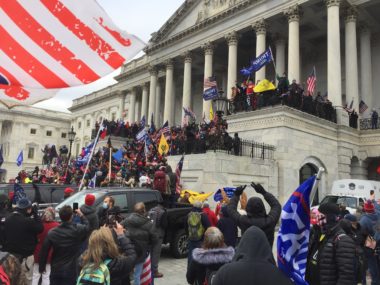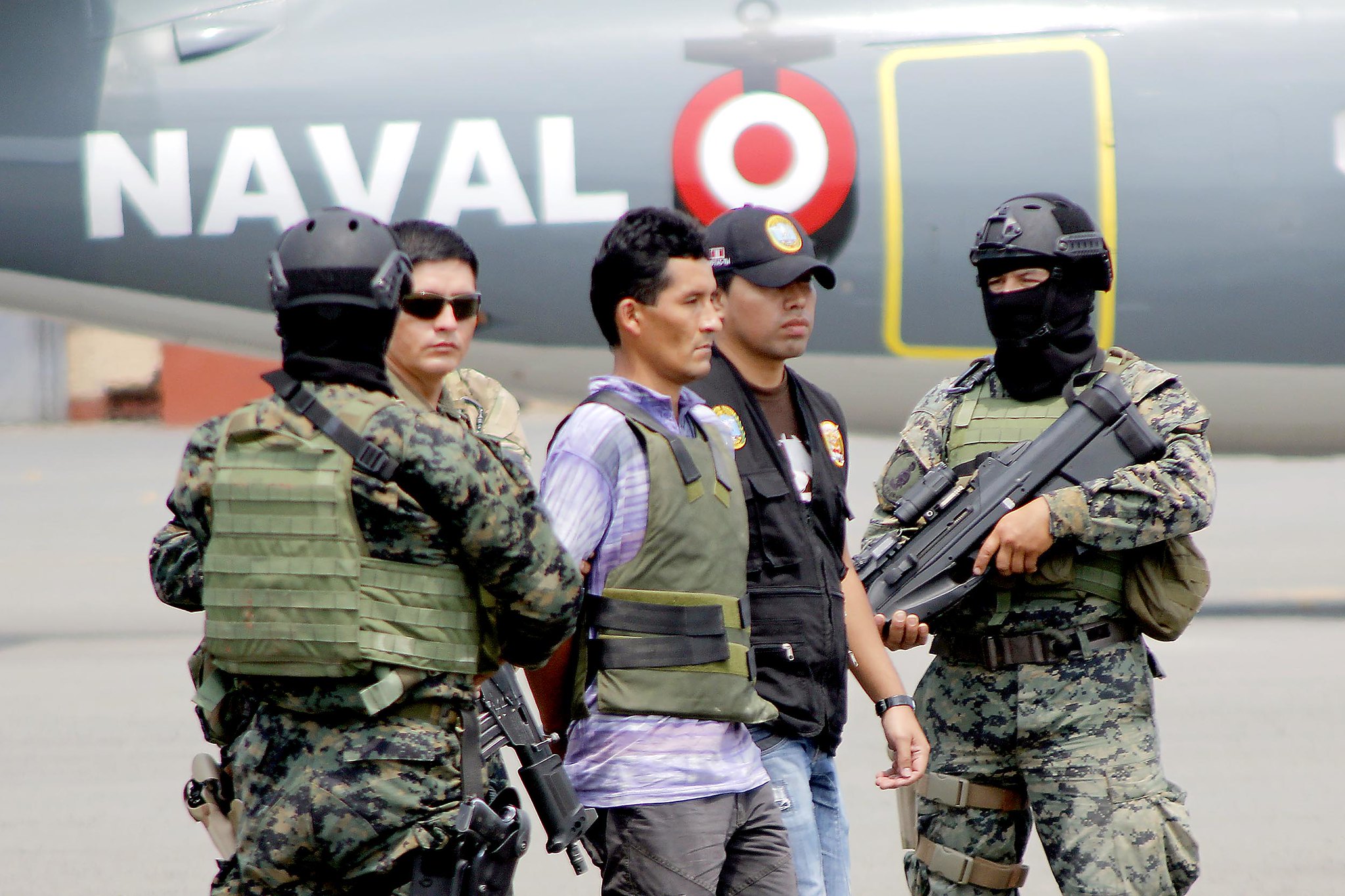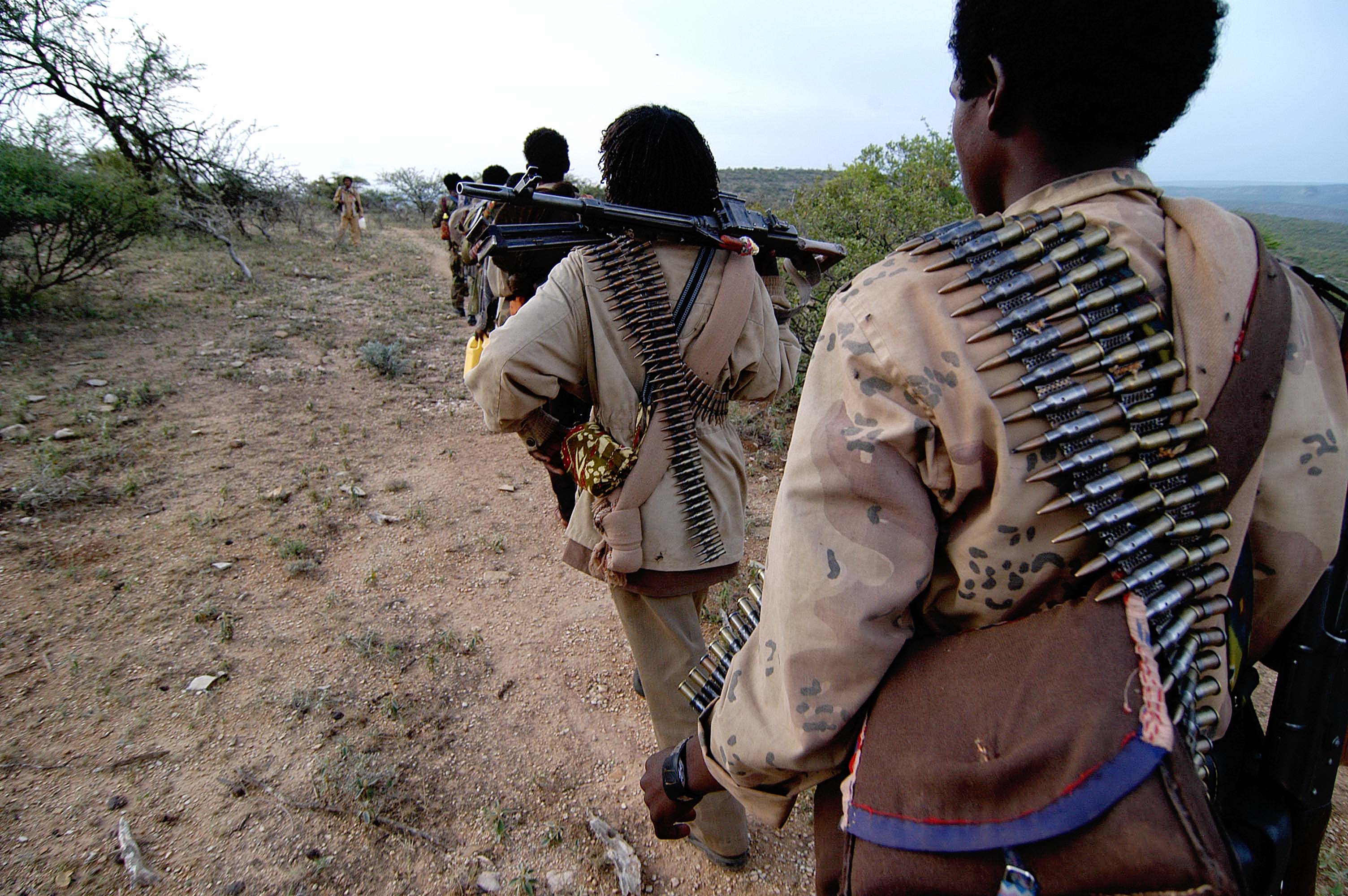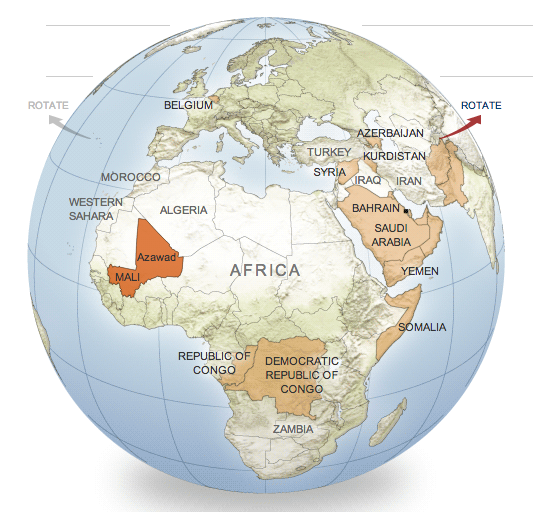Guest post by Liana Semchuk.
Can populism sometimes be a positive thing? In an age where many societies have grown ever more divided, it is hard to imagine a scenario in which populist leaders can actually serve as unifying figures. However, according to a recent poll by Kyiv International Institute of Sociology (KIIS), Volodymyr Zelenskyi is the only presidential candidate with a fairly evenly distributed level of support across Ukraine’s regions: West (14.0%), Center (15.9%), South (23.8%), East (17.4%), and Donbas (12.1%). These figures are pretty remarkable given that Ukraine is extremely politically divided along regional electoral lines. This is especially true for the West and the Donbas, which tend to never agree on anything. Thus, the fact that the level of support for Zelenskyi across regions is comparable carries important implications for the prospects of post-electoral peace and stability.
Although critics might say that Zelenskyi has no political experience, this fact alone does not mean that he cannot usher in meaningful reforms. In fact, being a political amateur is an advantage for Zelenskyi for at least two reasons. First, electing a new generation of politicians—removed from the previous system—is one of the most important factors for Ukraine’s voters according to the KIIS poll. Second, Zelenskyi has little interest in preserving the status quo. This means that he is more likely than established, professional politicians to be bold and brave enough to take on proper reforms. In other words, he is more likely than the others to step on the toes of oligarchs that have always plagued Ukraine’s political system.
Those concerned by his political inexperience need to remember that this can be addressed by ensuring that he is surrounded by a team of competent advisers that are also removed from established oligarchs’ interests. To that end, the team should be composed of a wide range of talent from across the country—paying particular attention to those that come from the East and the Donbas region. Good and effective policy can be crafted, but a leader that appeals to people across the country—which has grown more divided by the war—is rare. This is perhaps Zelenskyi’s biggest advantage—he is the least polarizing candidate on the list. This is extremely important given that the last two changes in executive leadership have resulted in mass protests, and then to war after the 2014 change in leadership.
Some critics also point to Zelenskyi’s connection to Dnipropetrovsk oligarch Igor Kolomoiskuy. But the allegations behind this are rather flimsy given that, to date, the most credible evidence is the fact that Zelenskyi’s show airs on a TV station controlled by Kolomoiskuy. Of course, Kolomoiskuy’s potential influence is not to be underestimated, and Zelenskyi’s loyalties will only become evident after the election—should he take office. However, even if he is favored by Kolomoiskuy, the extent of influence and the depth of collaboration between the two is certainly nowhere near that which was present in the time of Yanukovych and the Donbas oligarchs. Yanukovych was essentially groomed for presidency by the Donbas elites and shamelessly represented their interests at the expense of the country. Nevertheless, it will be important to make sure that Zelenskyi does not become a vehicle through which certain groups drive forward their interests.
At the end of the day, perhaps the most pressing issue is to narrow the gap between East and West Ukraine before it becomes unbridgeable. Polarizing candidates are likely to leave the door open to more violence after the elections. Ukraine’s established elites have proven time and again to be unable to change the system. They have also refused to challenge the oligarchs who are the real decision makers in the country via their vast monopoly over certain pockets of the economy. Populism has earned a bad reputation in recent years, but in this particular case, perhaps it can materialize into a break with the old system and offer a future with more reforms and greater prospects for peace.
Promise of a less violent future in a country that has been torn apart by war is one of the main reasons why the upcoming presidential election on March 31st is so important. This could be the only chance the country gets to begin the process of bridging the gap and reintegrating Ukrainians in the East with those in the rest of the country. The candidate who wins will need to inspire hope and a sense of unity. According to the polls, Zelenskyi might just be the man for the job.
Liana Semchuk is a PhD candidate at the University of Oxford, Nuffield College specializing in contemporary East European politics, and issues pertaining to oligarchs, money laundering, and institutional corruption.

